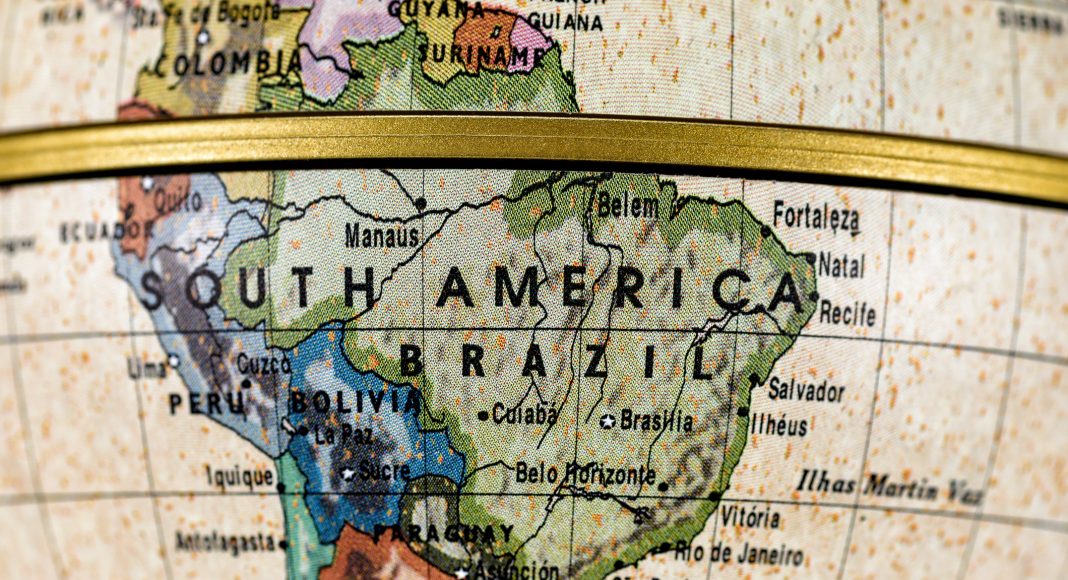A wave of anti-corruption efforts has swept Latin America in the last few years, leading to high-profile convictions but also facing pushback from certain quarters, amid criticism of potential rule of law violations.
Around 56 million people in Latin America and the Caribbean paid a bribe in order to access a public service last year, with a record of 50 percent in Venezuela and 34 percent in Mexico, according to Transparency International. A majority of the citizens in every country surveyed in Latin America think people risk retaliation if they speak out against corruption—85 percent in Venezuela and 80 percent in Argentina believe so.
Latin America is a continent plagued by corruption. However, in recent years it has seen advances in the prosecution of cases that involve high-profile politicians and oligarchs. The Odebrecht scandal has been a great tsunami that has put former presidents in jail and exposed big corruption networks in countries like Brazil, Peru, and Colombia. More local scandals like Caso de los Cuadernos in Argentina and Penta in Chile exposed institutional corruption that exists in countries like Mexico, Honduras, or Venezuela.
To better understand the lessons that we can learn from the anti-corruption movement in the region, the Stigler Center recently hosted a conversation with the former head of Argentina’s Anti-Corruption Office and member of Congress, Laura Alonso; Harvard Business School professor Rafael Di Tella; and former Minister of Justice of Brazil, Sergio Moro. The conversation was moderated by CNN Chile anchor and 2018 Stigler Center Journalist in Residence Fellow Daniel Matamala.
Watch it here:






